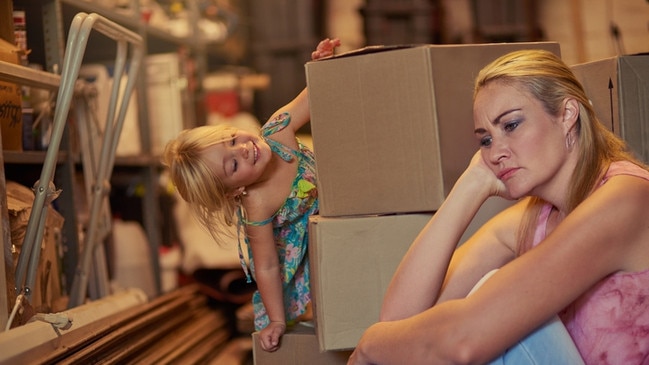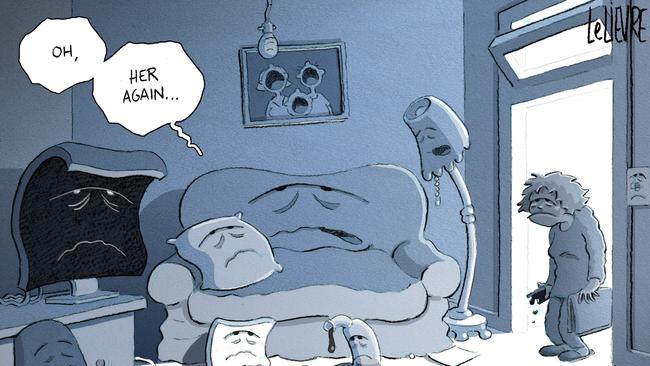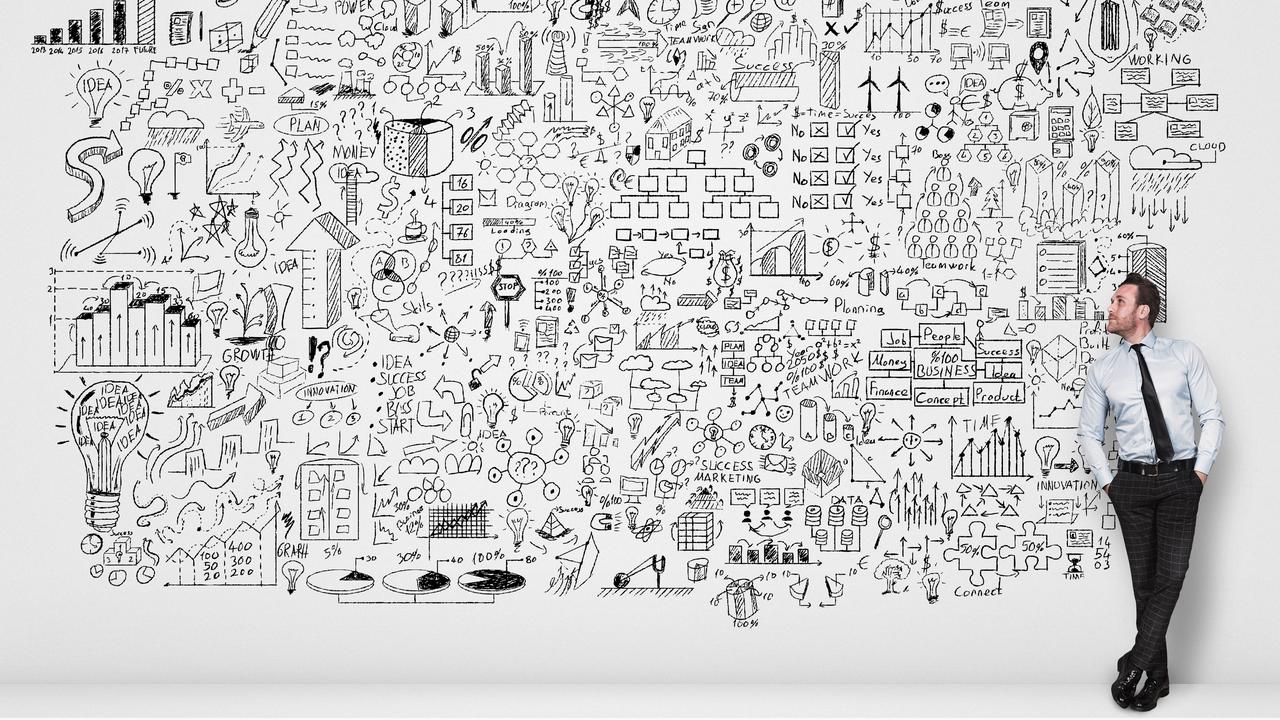The science on boredom is in: Covid-19 has created an epidemic

We live in a time of jigsaw puzzles; when a flowering tree can attract a crowd; when dinner goes on at 5pm because there’s no point in waiting; and when you wake with the birds because you’ve already overslept.
Evidently, boredom is the new stress (source, The Science of Boredom) because no one wants to own up to it. Only kids are allowed to say they’re bored and they don’t do that often because that’s a cue for a parent to suggest chores. Adults are meant to be engaged, active, busy, frantic, exhausted with effort — even though they spend a lot of time on Candy Crush. Smart phones, btw, are the pacifiers of 21st-century statis.
According to the literature, boredom is a desire conundrum; that is, wanting to do something but not wanting to do anything. And what an elegant explanation for a condition that just feels like a lack of character.
Boredom always carries guilt. Parents make you feel it, teachers support the ethos at school and then bosses ensure you are fully engaged at work, employing engagement officers to make sure of it. Leisure has to be active and social. Couch time is crammed with streaming TV that you’re meant to debate with friends later. Daydreaming has been promoted to mindfulness, and have you noticed that the “rest” part of rest and recreation has been dropped?
This year the guilt is worse. You can’t complain of boredom because you could be dead. Or on a ventilator. You could be in Melbourne and, if they heard you complaining, they’d send a missile over the border (loaded with virus).
So, you read. And learn that there are measurements for boredom — the Boredom Proneness Scale — and these scales are tested by scientists who get people to watch videos of men hanging washing on a metal rack. I think that would be hilarious, but that might be my state of mind. (And yes, you heard right, there are boredom scientists, but you’ll probably never meet them because no one wants to invite them to a dinner party … And what do you do, Keith?)

But maybe we need experts who study why boredom exists, what it does to you and whether there’s a difference between boredom and ennui. There’s no argument really. Ennui is smarter, sexier and noir. But I’m not dressed for ennui. I’m just bored.
While experts warn us to resist the temptation to “just kick back on the couch with a bag of chips” (how did they know?), the big question surrounding the state of statis, these moments of restless mindlessness, is whether it’s a precursor to action.
A recent book, Bored and Brilliant: How Spacing Out Can Unlock Your Most Productive and Creative Self, declares boredom is a gift. It jump-starts creativity, says the book. The outcome can be mind-blowing, it says. In tone alone, the book will get you off the couch.
But, if you move away from the dot-point approach to couch-mind, the only question that matters is — are you bored or are you a bore.
One is the state of sitting with boredom and the other is the act of creating boredom.
Bores stay in that moment forever, others want to escape as soon as possible. And let’s hope we’re the latter.
As soon as this moment, this day, this year passes, we will burst forth. We’ll be back into it, rested and recreated. We won’t look behind, except to say, goodbye 2020.
Macken.deirdre@gmail.com





It’s a good time to read about boredom, if only because so many books on the subject have been published during a period when boredom is state sanctioned.